- Eighty years after the liberation of Auschwitz, Greece remembers the victims of the Nazi-perpetrated Holocaust, including tens of thousands of Greek Jews who were victims of the horrific brutality.
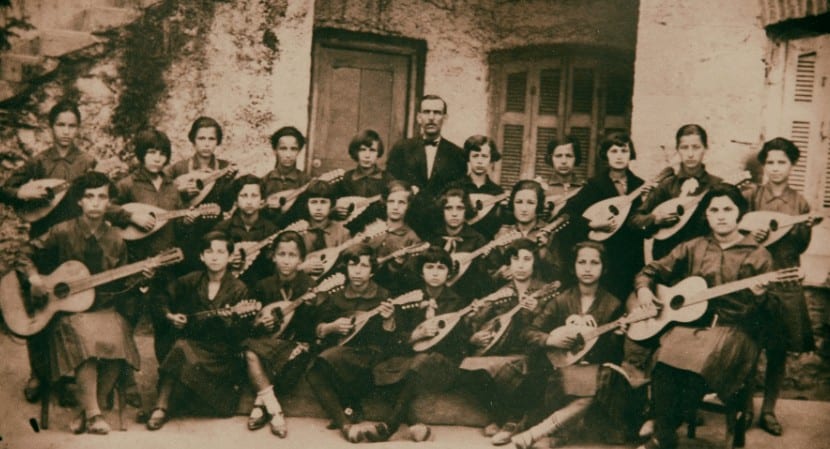
History of Jews in Greece
The term “Greek Jew” is predominantly used for any person of Jewish descent or faith that lives in or originates from today's Greece.
The oldest and most characteristic Greek Jewish community are the Romaniotes, a distinct Jewish population that historically lived in communities throughout Greece and neighbouring areas with large Greek populations.
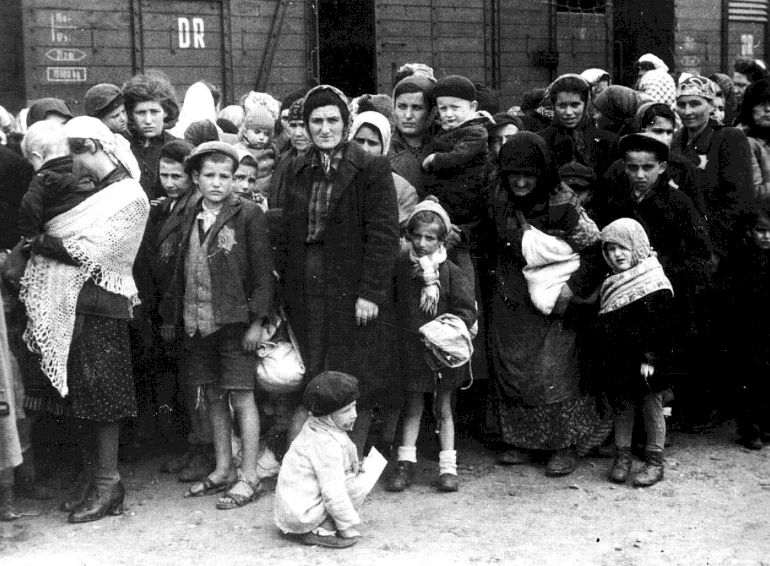
Greece once also had a large population of Sephardic Jews and Thessaloniki was a historical centre of Sephardic life.
Greek Jews also played an important role in the early development of Christianity and became a source of education and commerce for the Byzantine Empire and throughout the Ottoman occupation of Greece.
In spite of Greek efforts to save the Jewish community, they were devastated after Greece was conquered and occupied by the Axis powers.
After the Holocaust, a large percentage of the surviving community emigrated to Israel and the United States.
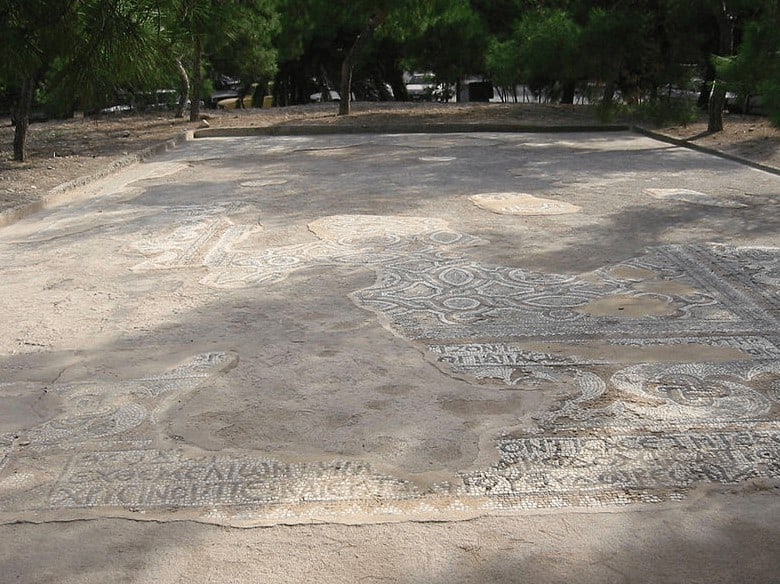
The first recorded mention of Judaism in Greece dates to 300-250 BC on the island of Rhodes.
Archaeologists have discovered ancient synagogues in Greece, including a Synagogue in the Agora of Athens and the Delos Synagogue, dating to the 2nd century BC.
Over 12,800 Greek Jews fought in the Greek army.
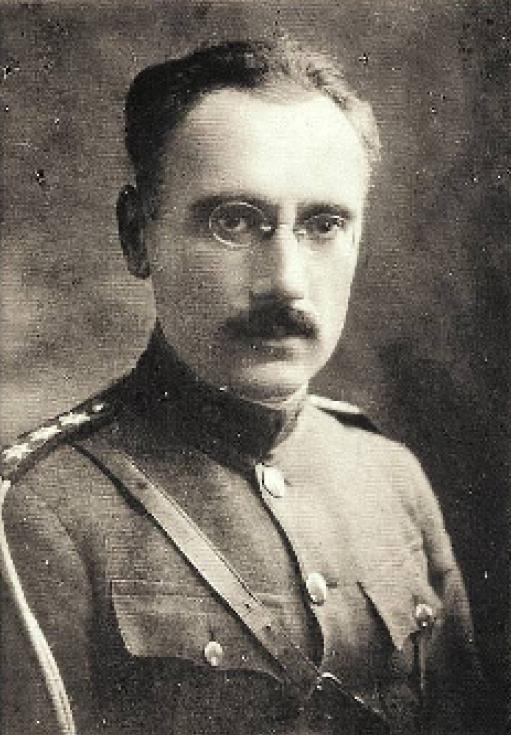
One of the best-known amongst them was Colonel Mordechai Frizis, who was killed fighting the Italian Julia Division in Epirus during World War II.
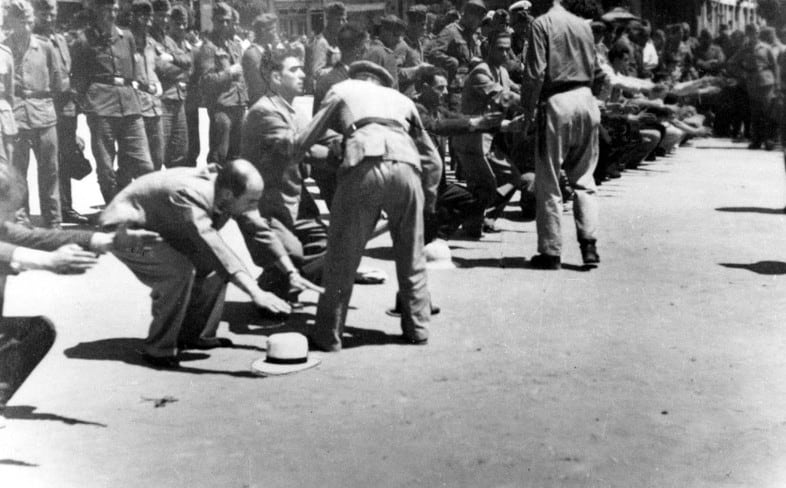
During World War II, Greece was conquered by Nazi Germany and occupied by the Axis powers.
It is reported that over 50,000 Jews – Romaniotes and Sephardic – were deported from Thessaloniki alone and murdered.
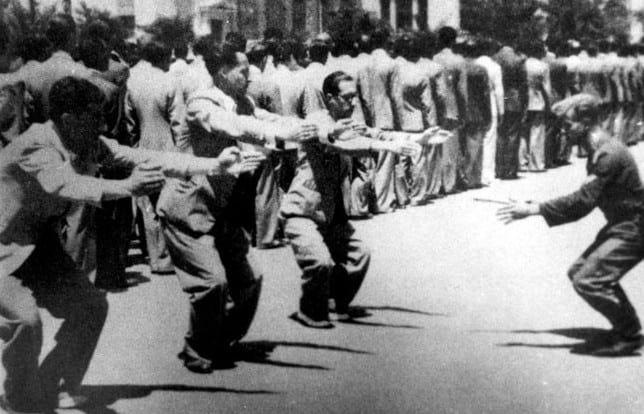
The Greek Jews, especially those in the areas occupied by Nazi Germany and Bulgaria, were massacred despite efforts by the Greek Orthodox Church and many Christian Greeks to shelter them.
On July 11, 1942, the Jews of Thessaloniki were rounded up in preparation for slave labour.
The community paid a fee of 2 billion drachmas for their freedom.
In addition, the old Jewish cemetery located in the centre of the city was destroyed.
Over 50,000 people were sent to Auschwitz, and most of their sixty synagogues and schools were destroyed.
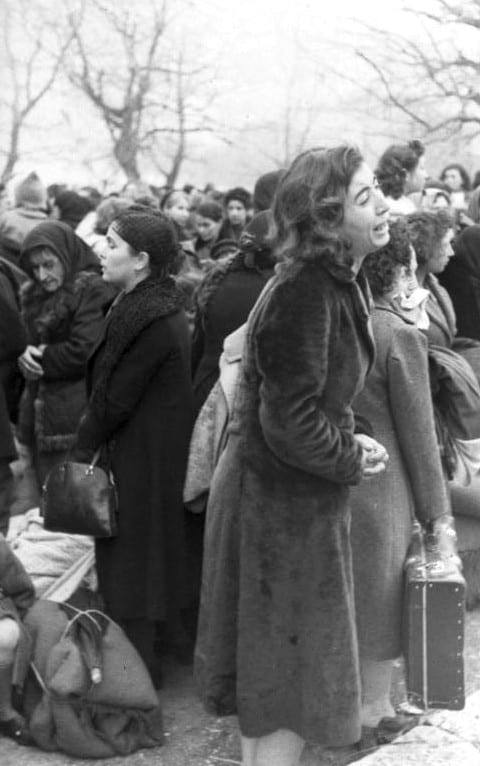
Thousands of Jews in other areas of Greece were also brutally murdered, however many were also saved by the Greek Orthodox Church due to a proclamation by Archbishop Damaskinos.
Archbishop Damaskinos instructed the church to issue false baptismal certificates to all Jews who requested them.
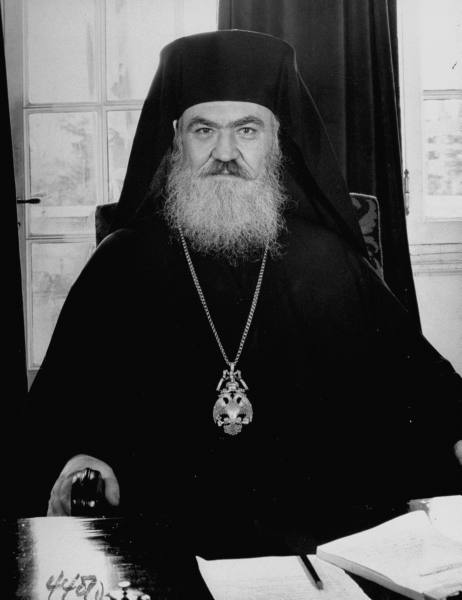
Although the Germans deported a great number of Greek Jews, others were thankfully hidden by their Greek neighbours.
The Romaniotes were protected by the Greek government until the Nazi occupation.
During the German occupation, the Romaniotes’ ability to speak Greek enabled them to hide better from German deportations.
Today, the Jewish community in Greece is estimated to be fewer than 8,000 people, mainly in Athens, Thessaloniki, Larissa, Volos, Chalkis, Ioannina, Trikala and Corfu, while very few remain in Kavala and Rhodes.
Greek Jews today largely “live side by side in harmony” with Christian Greeks and continue to work with other Greeks, and Jews, to combat any rise of anti-Semitism in Greece and worldwide.
*More on GCT: Greece’s oldest Holocaust survivor, Esther Cohen, passes away aged 96
Stay updated with the latest news from Greece and around the world on greekcitytimes.com.
Contact our newsroom to share your updates, stories, photos, or videos. Follow GCT on Google News and Apple News.

